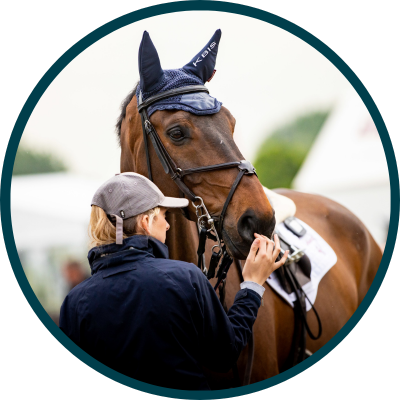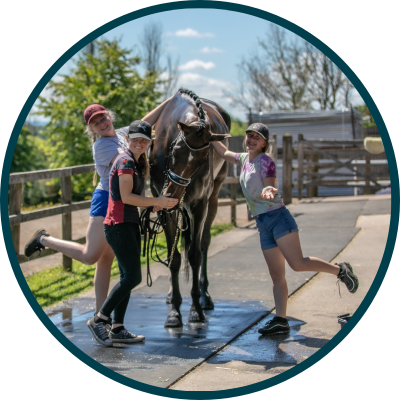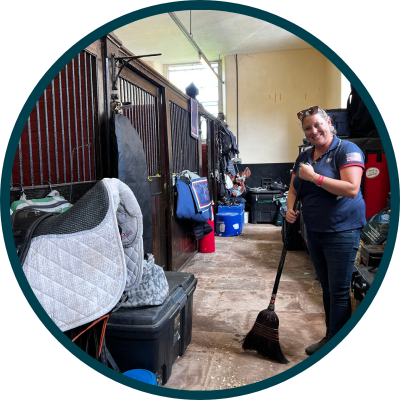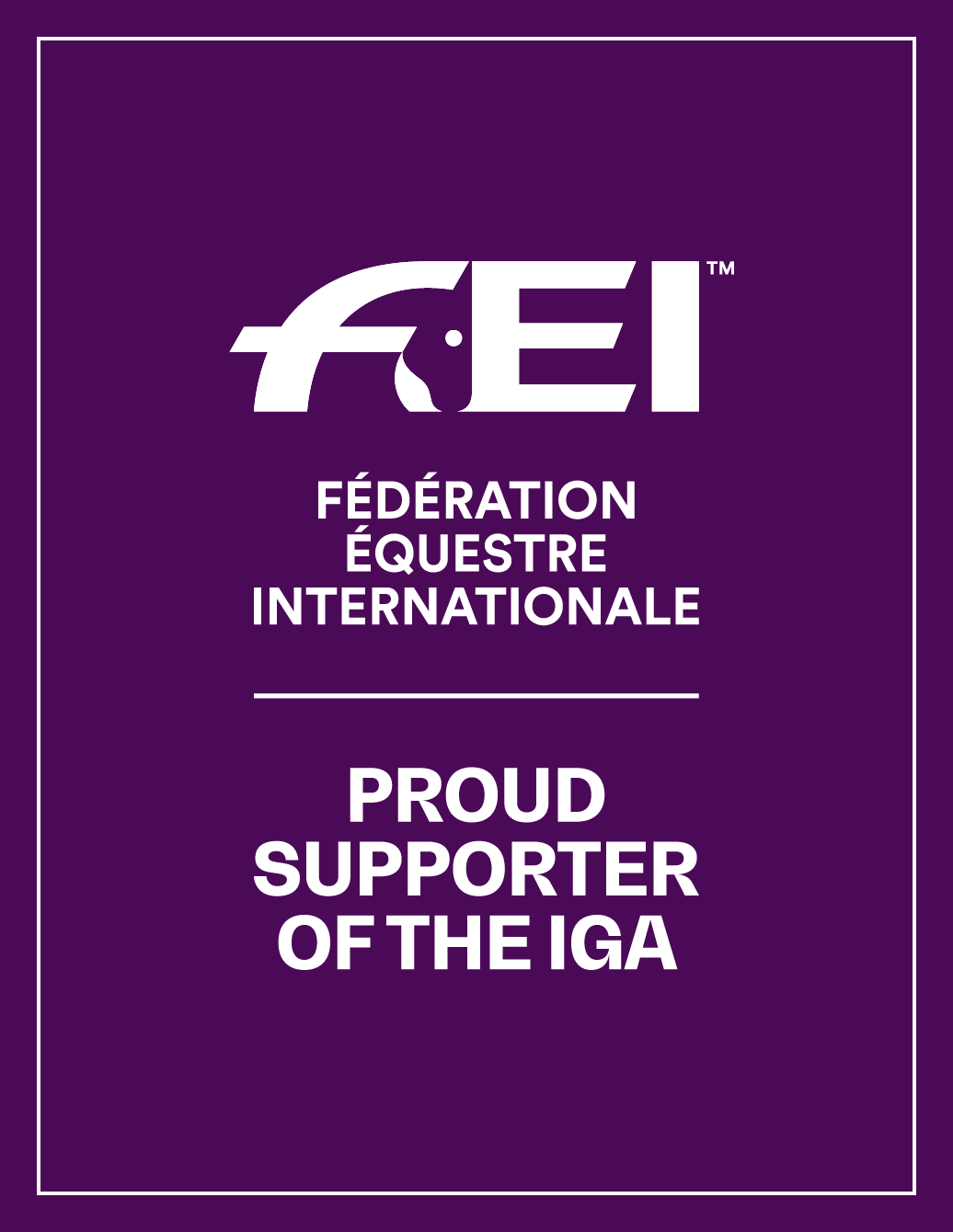Good Employment
Working in international horse sport means that long hours, physically demanding work and working under pressure are often unavoidable.
 Many grooms thrive on working in a challenging and fast-paced environment.
Many grooms thrive on working in a challenging and fast-paced environment.
However, too often the challenges of the groom’s job are not mitigated by fair and legal pay, holiday, or even respect and recognition.
The industry is facing a staffing issue, with many riders reporting that they cannot find reliable grooms, or that many good people are leaving the industry.
Part of this problem is due to the perceived lack of opportunity for grooms.
Employing grooms with an emphasis on welfare, fair reward and safe working conditions will go some way to addressing these concerns.
What does Good Employment look like?
Legal
Fair
Safe
LEGAL
- Employment law varies from country to country- it is the responsibility of the employer as well as grooms to understand what their respective obligations are.
The horse industry should not be different to any other; anyone working in horse sport should know what legal employment means, and follow the law.
- An employed groom must have a contract setting out the terms of their employment including pay, sick pay and holiday entitlement.
SAFE
Sports horses can be unpredictable; they are fit and strong and bred to have quick reactions, so there will always be an element of risk when working with horses, but all workplaces should manage risk, and be prepared for problems.
- Physical safety- any employer should do their best to ensure the safety of all their staff. This includes abiding by driving and working hours, and not expecting staff to complete tasks they haven’t been trained in or don’t feel capable of.
- There should be more than one trained first responder on every barn, and everyone working must understand Health and Safety procedure. It is the employers’ responsibility to ensure this, and to assist staff with the cost of first aid training.

- Employers must have the correct insurance in place- to protect themselves as well as employees.
- Psychological safety- in a great workplace employees genuinely feel part of a team, and that they are safe to speak up, knowing they will be heard.
Good employers don’t just employ according to the law; they ensure their employees feel safe at work, creating a team environment and making sure to acknowledge everyone’s contribution.
Ethical employment practices benefit both employer and employee, contributing towards more efficient teams and creating stability in the workplace which ultimately contributes towards better performance in the competition arena.




 Many grooms thrive on working in a challenging and fast-paced environment.
Many grooms thrive on working in a challenging and fast-paced environment.



